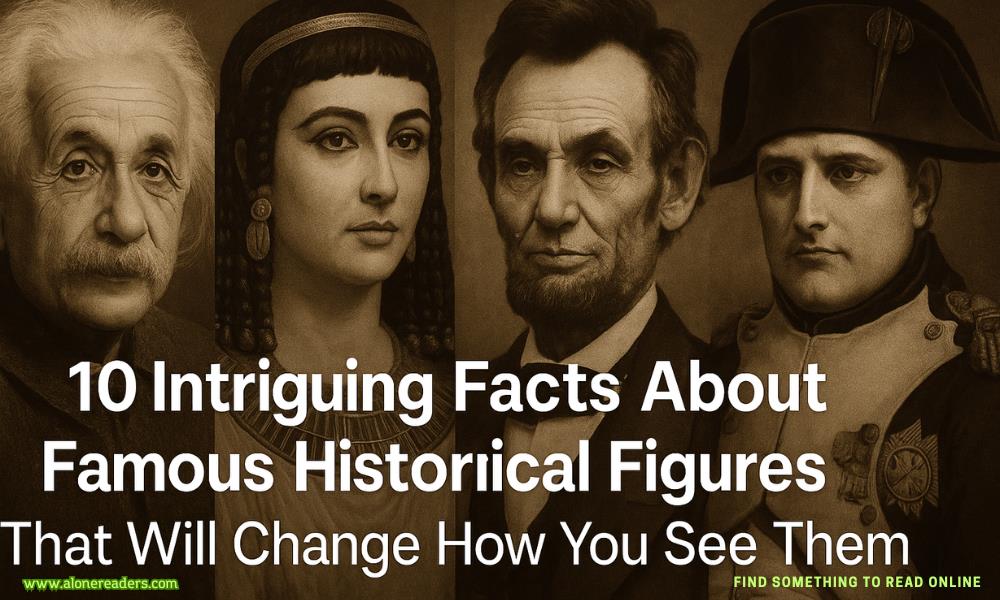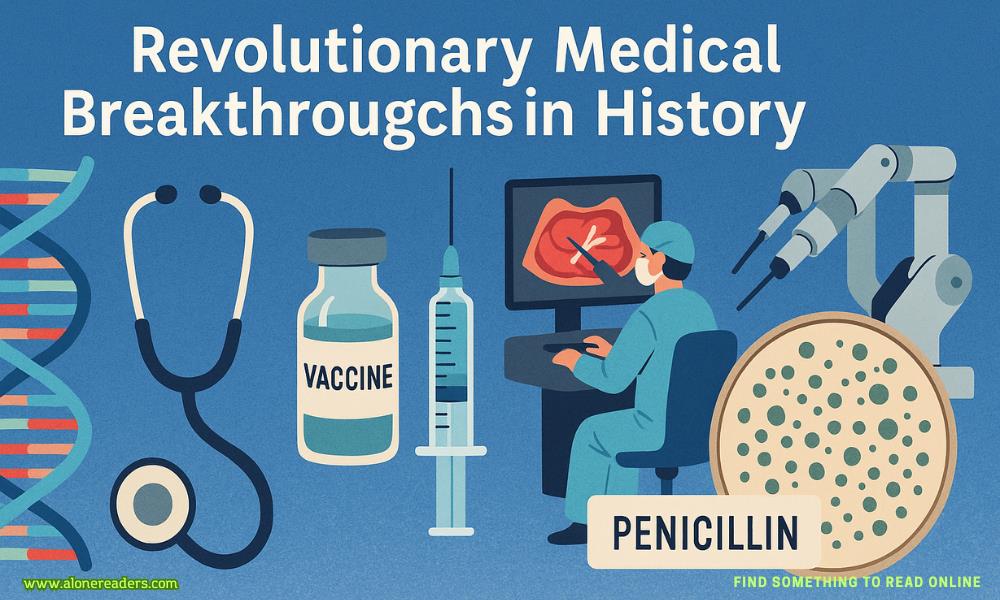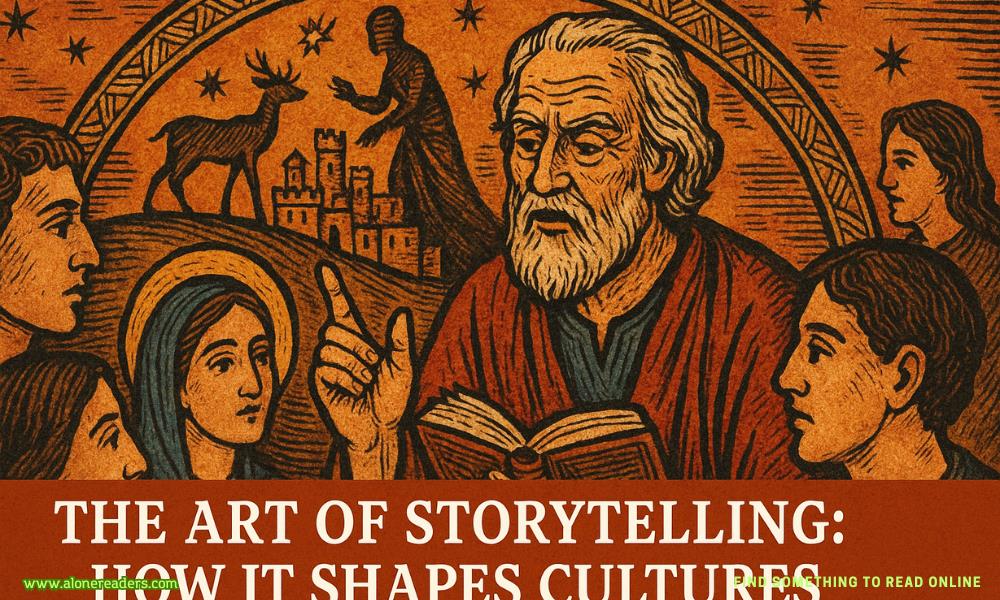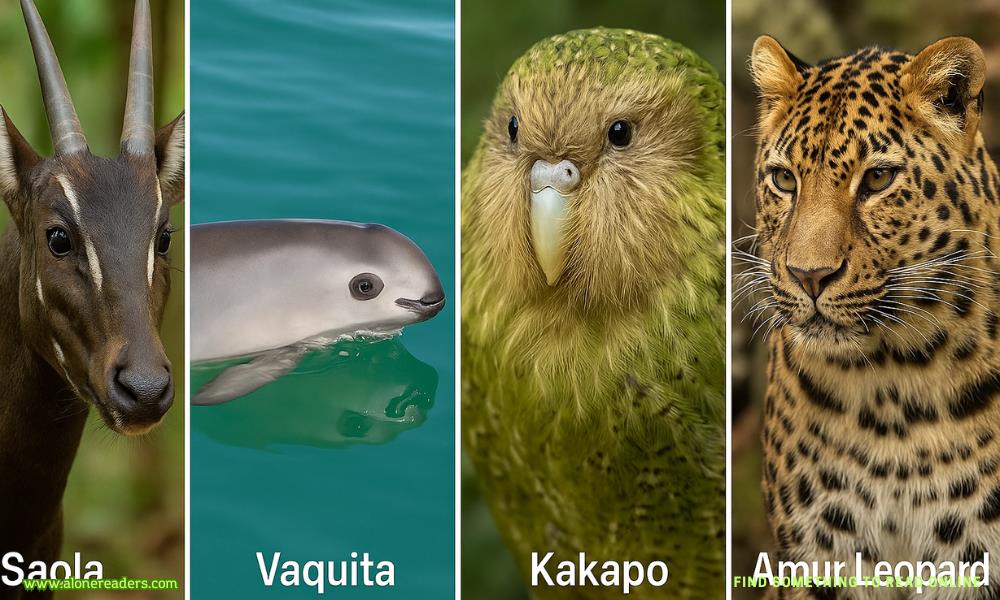Page 31 of Six Wild Crowns
“People will say that Lothair is insignificant and weak. They won’t understand that in truth it’s Quisto we have wounded.”
She runs a hand down his cheek, his beard, his chest. “They will understand. Your ambassadors are clever.”
“Your father is a good man.”
“My father would have been no one if you had been like other kings.”
Lord Boleyn is by no means a commoner, but until Henry inherited the throne, he was a nobody. His fine, surgeon-sharp mind and talent for collecting languages had been neglected. All because his branch of the family tree was too far removed from the higher ranks of nobility. It was only when Henry came to power that Lord Boleyn’s talents were recognised and wielded for the good of Elben. The Boleyns’ ascent is chained to Henry’s understanding that knowledge can be found in the lowliest of men, and that power can be forged as well as trickled down a bloodline. This is another way of thinking that Boleyn and Henry share.
“Tell me the story of your childhood,” Henry says.
She laughs. “You know it better than me by now!”
“I like hearing it. It sounds so full of… so full.”
He strokes her body, from her collarbone, down her arm and to the bump of her hipbone and up again. The movement becomes the sway of ritual as she tells him once more of the way she and George and Mary were raised. Of summer days eating plums in the orchard at Hever Castle. Winter nights by the fire where both mother and father sat with all three of their children, drilling each of them in turn in Capetian and Uuvekese and the languages ofthe vanished empires. She tells Henry of the tutors the three of them shared, and how they had talked freely to their parents of who they wished to marry, and discussed suitable potential matches that might accord with their tastes.
Whenever Henry looks at Boleyn, it is with hunger. When she tells this story, the type of hunger changes.
“That is what I want for our son,” Henry says as she finishes. “I’ll listen to him. I’ll find him a happy match, the way you and I have happiness. And if we have a second son, I’ll listen to him too. They can learn everything together.”
“Yes,” she says. There is no need for her to say more. She knows that this is not about their theoretical sons, but about Henry and Arthur. Arthur and Henry. The first and the second, until the second became the only. It is her turn to stroke him, to pull him towards her and cradle him within her limbs. They make love again, languorously, with their eyes, hands and mouths. When they’re finished, the fire has sunken to embers and the sun lands high on the wall above them, turning grey stone to butter.
“Tell me more about this book of the bishop’s then,” Henry says. “Who is this Wyatt you wrote to me about?”
“He fancies himself a jester.”
“Ah well, you could do with one of those. Bring you down a peg or two,” Henry laughs. She slaps him on the chest again, but he catches her wrist and looks at her more seriously. “Don’t do that in public again, Boleyn. It undermines me in front of our subjects.”
His magic sparks across her skin. If he wanted it to, he could make it hurt her. She thinks how much he must love her that he stops it from doing so.
“Of course, my love,” she says. He lets go, kisses her on the nose.
“So? What has the jester discovered?”
“Iam the one who discovered it. The jester merely did the hard work.”
It has taken Wyatt longer than it should have, but he now feels confident that he has translated the Old Elbenese correctly.
“I have not read his report yet,” she tells Henry. “I was waiting for you. Shall we look at it together?”
As Henry sits up, she reaches for the roll of parchment Wyatt gave her the previous evening. She had intended to read it first herself, but she had been so tired the words blurred. This way is better, though – they can read the parchment together.
“There’s something about the flow of power coming from the castles rather than from you…” she begins.
Boleyn is suddenly aware that her uncovered back is very cold. She can’t meet Henry’s eyes. This information skirts treason. Worse; it teeters on heresy.
“Which book is this?” Henry says.
“It’s very old. Before your father’s time.”
“Bring it to me.”
She gets up, wrapping the blanket around her naked body and leaving Henry uncovered to show him that she doesn’t take kindly to being ordered around. The book is on the window seat, its ancient pages curled. Henry examines it, pausing over the circled words as Boleyn points them out. Then he flips the book over and stares intently at the cover.
“We couldn’t decipher the title or the author,” Boleyn says.
“I can.” Henry’s eyesight, like everything about him, is better than any common man’s. “Boleyn, this is a very dangerous book.”
- The Prince's Secret Twins by Elizabeth Lennox
- Tangled Desires by Tory Baker
- At the Edge of Surrender by A.L. Jackson
- A Touch of Fate by Cora Reilly
- Untouchable Love by Lucy Darling
- After Hours by Caitlin Crews
- Shelter from the Storm by Mari Carr
- Someone Knows by Vi Keeland
- Hawk by Fiona Davenport
- The Silencer by Brooke Summers
- The Beat of her Heart by Emily Hayes
- The Neighbor's Son by K. Webster
- Vasily the Hammer by C.B. Alice
- Convenient Vows by D.C. Beks
- Wrapped in Silver by Sara Vice
- Ruined By Capture by Sherry Blake







